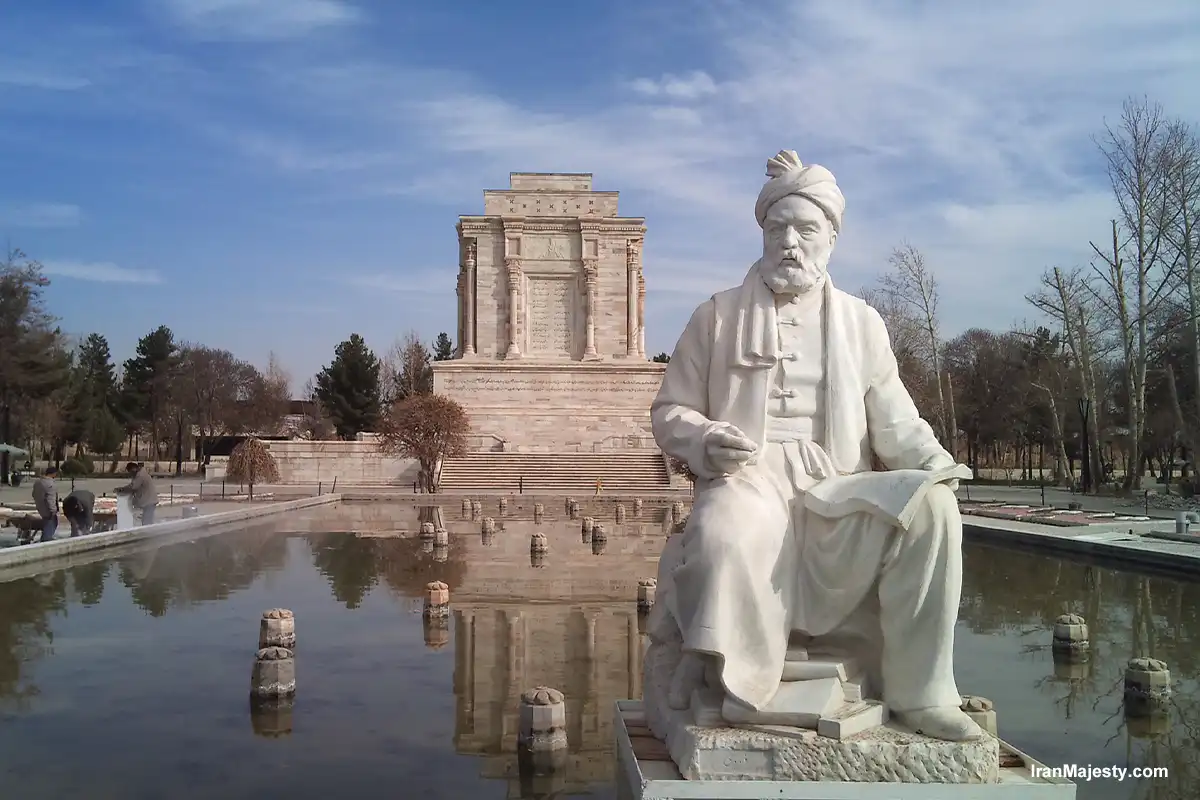Iran is often mistakenly considered part of the Arab world due to its geographical location in the Middle East and cultural interactions with Arab nations. However, Iran is not an Arab country. It has its own distinct identity, language, and culture, separate from the Arab world. In this article, we will explore the differences between Iran and Arab countries, clarify common misconceptions, and provide insights into the Persian identity.
Is Iran Part of the Arab World?
No, Iran is not part of the Arab world. The Arab world consists of 22 countries that are members of the Arab League, spanning North Africa and the Middle East. These nations share a common linguistic and cultural heritage, as Arabic is their primary language. Iran, however, is not a member of the Arab League and does not have Arabic as its official language.
Iran has a unique historical and cultural background deeply rooted in the Persian Empire, which predates the Islamic era. While Iran does have Arab minorities, particularly in the Khuzestan province, the majority of its population identifies as Persian. The official language of Iran is Farsi (Persian), which belongs to the Indo-European language family, unlike Arabic, which is a Semitic language.
What Is the Difference Between Arabs and Persians?
1. Ethnic and Historical Differences
Arabs and Persians belong to different ethnic groups with distinct historical backgrounds:
- Arabs originate from the Arabian Peninsula and are spread across the Middle East and North Africa. They played a significant role in spreading Islam and Arabic culture.
- Persians are an Indo-European people with roots in the Persian Empire, which dates back to 550 BCE under Cyrus the Great. Their influence extends across literature, art, and architecture.
2. Language Differences
- Farsi (Persian) belongs to the Indo-European language family, making it structurally different from Arabic. While Persian has borrowed some Arabic vocabulary, its grammar and script differ significantly.
- Arabic is a Semitic language spoken across the Arab world, with multiple dialects and Modern Standard Arabic used for formal communication.
3. Cultural and Artistic Distinctions
Persian culture has distinct artistic traditions, including:
- Poetry and Literature: Persian poets like Rumi, Hafez, and Ferdowsi have had a profound influence on world literature.
- Architecture: Persian architecture, as seen in Persepolis and Isfahan’s mosques, differs from the architectural styles of Arab countries.
- Cuisine: Persian cuisine features unique flavors with dishes like kebabs, stews (khoresht), and saffron-infused rice, distinct from Levantine and Arabian cuisine.
4. Religious Variations
While both Persians and Arabs are predominantly Muslim, the religious landscape differs:
- Iran: The majority of Iranians follow Twelver Shia Islam.
- Arab countries: Most Arab nations are predominantly Sunni Muslim, though there are Shia populations in countries like Iraq, Lebanon, and Bahrain.
“Enjoy this informative video by INTO ASIA that covers “Is Iran an Arab Country?” in more detail. It’s included here to give a well-rounded perspective, with gratitude to the creator for sharing their knowledge.”

Is Iran an Arabic Country?
No, Iran is not an Arabic country. While Arabic holds religious significance in Iran, as it is the language of the Quran, it is not widely spoken among Iranians in daily life. Farsi remains the dominant language, and Iranian culture is deeply rooted in its Persian heritage.
Iran’s identity is shaped by its long history as the Persian Empire, which has left a significant mark on art, literature, and global civilization. Unlike many Arab nations that were part of the Ottoman Empire, Iran maintained its independence, further solidifying its distinct identity.
Conclusion
While Iran is often mistakenly grouped with Arab nations due to its Middle Eastern location, it is distinctly Persian in terms of language, history, and culture. The differences between Arabs and Persians span ethnic, linguistic, and cultural aspects, making Iran a unique and historically rich nation.
Iran’s deep-rooted traditions, artistic achievements, and warm hospitality make it an exceptional destination for travelers seeking an authentic experience beyond common stereotypes.
“This video from knowledge Brunch sheds light on Is Iran an Arab Country? in an engaging way. Included here for your enrichment, with credit to the original creator for their excellent production.”

Join the Conversation!
Have any questions about Iran or its culture? Share your thoughts in the comments below! If you found this article helpful, consider sharing it with friends who might be interested in learning more about the Persian identity.


0 Comments